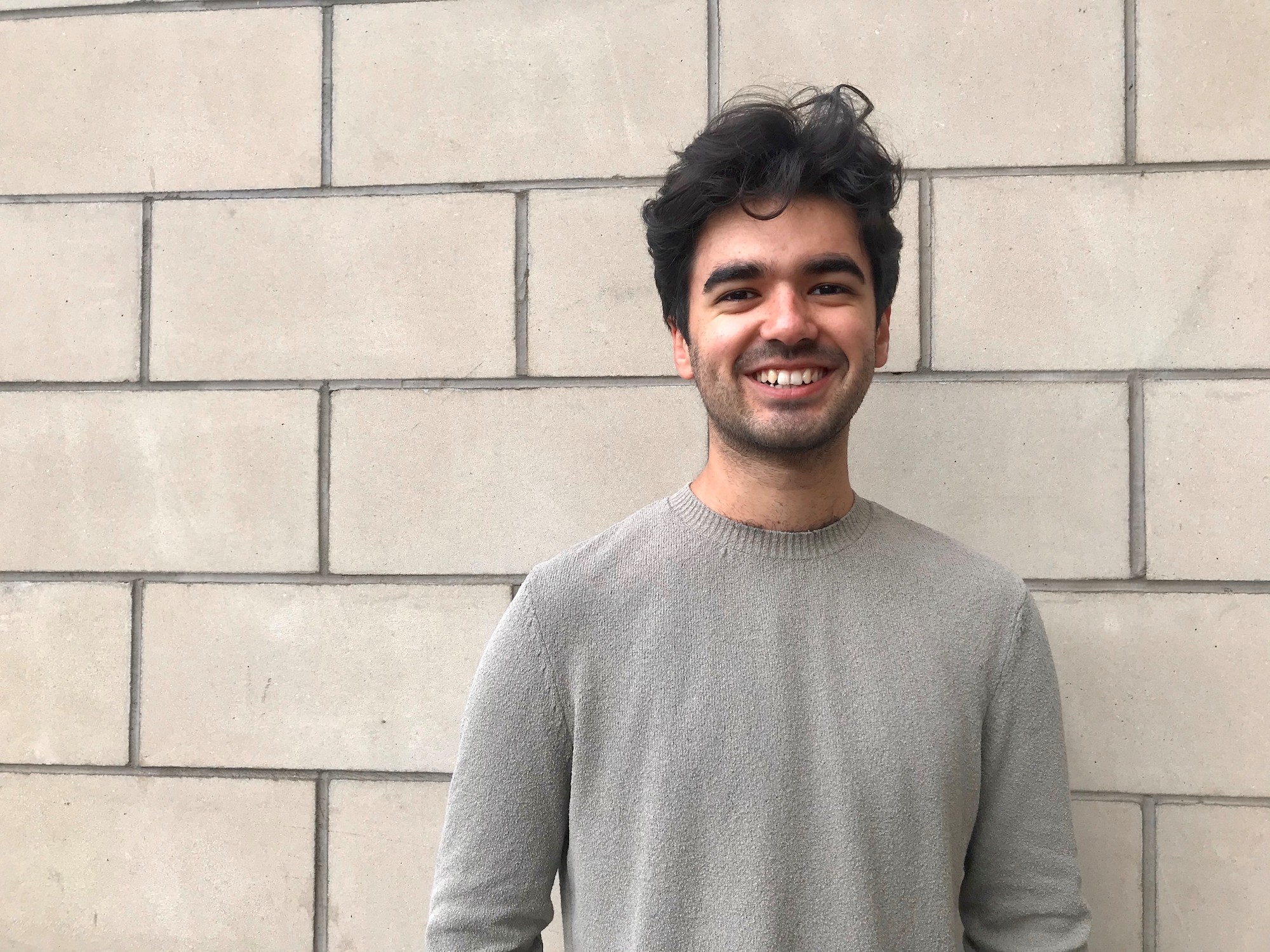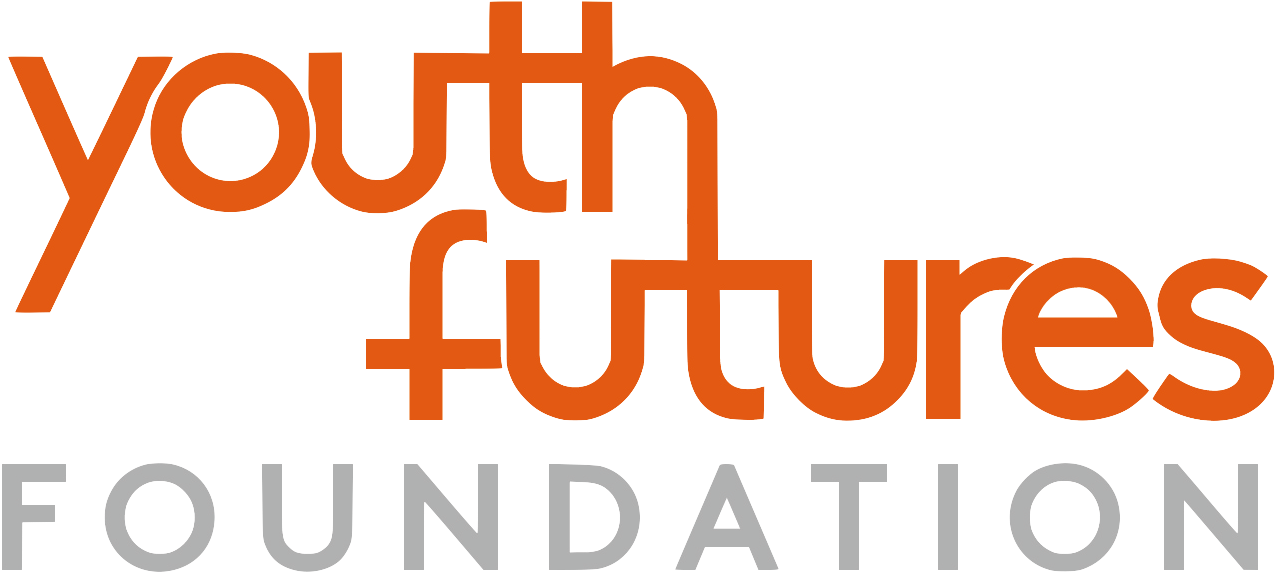Alex's Story

Tell us a bit about you (e.g. your background, how old you are, where you’re from, your current status e.g. working not working, education background etc)
I’m 21 years old and I graduated from the University of Warwick after studying Politics and International Studies. I grew up in Barnsley and have worked as a clerical officer in the NHS. Currently I’m looking for work but I’m keeping myself occupied by volunteering as a tutor in the Refugee Council.
Why did you apply to be a Board Director of the Youth Futures Foundation?
I became much more aware of issues of social mobility and inequality at university where a lot of the people were from good grammar schools, public schools, and good international schools. They seemed much better placed to take advantage of university. Many of them had volunteered; completed summer programmes before university; they knew about professional careers as they had family and contacts in those areas; they secured internships and work experience; and they were usually close to London where a lot of internships and graduate jobs are. It was frustrating that your socio-economic, educational, geographic, ethnic and gender backgrounds can be so determinant of where you end up and breaking down these structural barriers is something I’m passionate about. I believe everyone should have a real opportunity at productive, secure, and creative employment and that this is vital for our mental health. The Youth Future’s mission of helping young people achieve this resonated with me, especially considering the challenges of precarious employment, underemployment, and automation undermining this goal.
What lived experience do you have related to the issues that Youth Futures focuses on?
Firstly, I recognise I was very privileged to have benefitted from going to university which has had a huge impact on my personal development and opened new doors. I would say the time spent unemployed as a graduate and the geographic barrier of being located far away from London, where there are more opportunities, is my direct experience.
What do you think needs to change to improve employment outcomes and opportunities for young people?
The issues that young people face are multi-faceted and compounded which requires a holistic effort at all levels. In Barnsley, the ward of Dearne North has 37% of children in low income families; 42.9% of people don’t have any educational qualifications; and in the town as a whole, 17.6% of secondary school pupils are persistently absent. Young people live in different circumstances, depending on the area, and so need a different programme to address their specific barriers to good employment. In places like Barnsley however, there is a huge skills gap that needs to be addressed. A skilled workforce means better paid and secure employment opportunities. More young people on alternative pathways to university should be helped into, for example, high quality apprenticeships in key growth sectors with high value added, such as advanced manufacturing; whilst knowledge intensive services should be encouraged to offer apprenticeships to widen access beyond graduates. More generally, structured work experience and volunteering opportunities would help to give a sense of purpose and responsibility.
As young people from disadvantaged backgrounds are twice as likely to be out of employment, education, and training compared to young people from well-off families and only 26% of disadvantaged young people with top GCSEs go to the top third of Universities compared to 36% of better off young people, more focus and funding should be dedicated to these disadvantaged groups. Mental health support and personal finance and budgeting skills should be prioritised.
Why do you think it is important that young people are represented on boards and beyond?
There is a stark generational divide in this country that means the problems and interests of young people are often outside the purview of the policy agenda. Issues that matter to young people such as achieving well-paid and meaningful employment, mental health, poverty, climate change, and homeownership and homelessness don’t receive the attention and resources needed. The lack of representation lends itself to apathy and alienation from our institutions, our communities, and society more broadly. It is important young people are better represented, for example with dedicated positions in civic institutions, so that our lived experiences and perspectives get the consideration that they are due. This will also help to engage more young people as being given more of a stake and an influence in decision making means young people aren’t just to be affected by policy but become an important part of its formulation as well.
What excites you most about joining the board of Directors of the Youth Futures Foundation?
I’m excited about the ability to have a real impact on the direction Youth Futures takes and contribute to wide-reaching changes that bring even more marginalised young people closer to meaningful employment. Other than that, the board is comprised of very impressive people and so I’m hoping to learn a lot from them and work together to bring about meaningful change.
Anything else you would like to add?
Just that I hope to do a good job delivering the voices of those people facing barriers to good employment to the board so that their interests and experiences are always at the front of our minds and inform every action we take.

